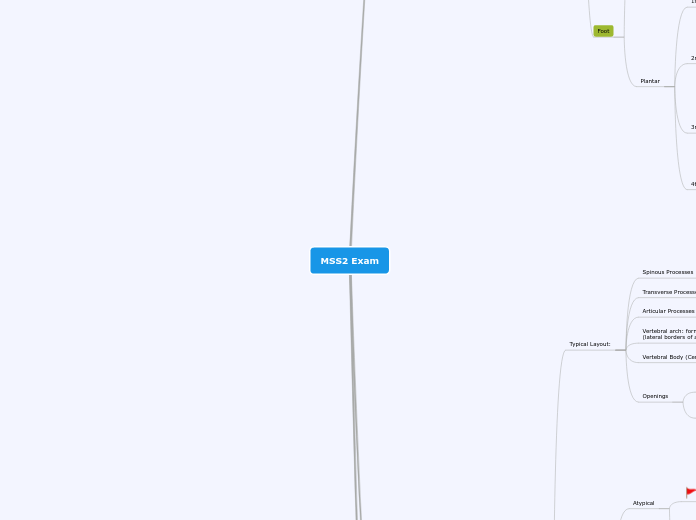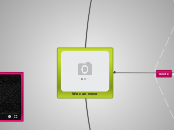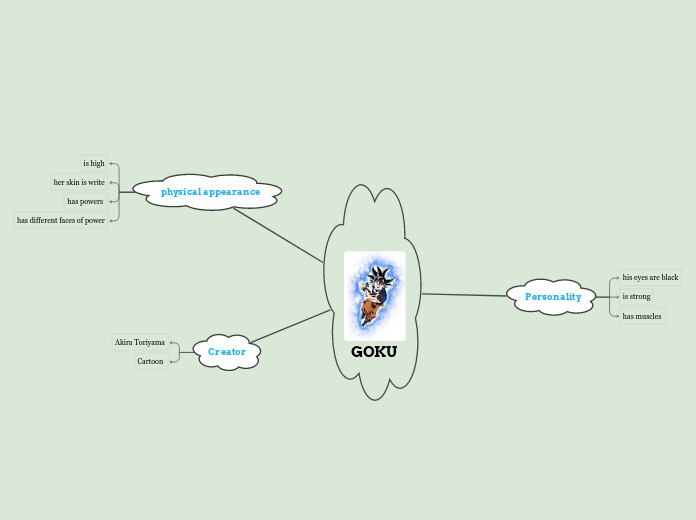MSS2 Exam
Main topic
Vertebral Column
Curvature
abnormalities
scoliosis
abnormal lateral curvature
kyphosis
increased thoracic concavity
lordosis
increased lumbar convexity
secondary
anterior convexities develop postnatally
lumbar- when toddler begins to walk
cervical- develops when baby holds up head
primary
anterior concavity like in fetal development
sacral
thoracic
Movements
extension and lateral flexion of trunk = lumbar (best)
rotation = thoracic (best)
flexion and lateral flexion = cervical (best)
Joints
sacroiliac
synovial planar (gilding)
Costovertebral
synovial planar (gliding)
Craniovertebral
atlanto-occipital (C0-C1)
synovial condylar joint
allows flexion and extension
posterior atlanto-occipital membrane
anterior atlanto-occipital membrane
Alantoaxial joints
C1-C2 joint: synovial pivot
ligaments
tectorial membrane
longitudinal lig
transverse cruciate lig
alar
apical
Intervertebral joints
intertransverse
supraspinour ligaments
nuchal
intratransverse
interspinous
ligamentum flavum
uncovertebral joints
facet joints
intervertebral discs
PLL
PREVENTS HYPERFLEXION
ALL
most commonly torn in whiplash; dens is also commonly fractured
PREVENTS HYPEREXTENSION
Vertebrae
Coccygeal (4, variable)
muscle attachment for glut max and pelvic diaphragm; non weight bearing
Sacrum (5 fused)
Sacral promontory: anterior aspect of S1; obstetric landmark
Sacral foramina: ventral and dorsal primary rami from S1 to S5 nerves
Sacral canal: transmits cauda equina (L1 to Co1)
Lumbar (5)
Mammillary processes: superior articular process
Accessory processes: base of Trans process
Costiform processes: at tip of transverse process
Largest (specifically L5): support body weight
Thoracic (12)
Demifacets for articulation with head of ribs
Costal facets on transverse processes: transverse facet; articulate with tubercle of rib
Costal facets on centrum: superior and inferior; articulate with head of rib
Cervical (7)
C7: vertebral foramen contains a vein, forms the vertebra prominens
ALL (C1-C7): large vertebral foramen due to cervical enlargement, transverse foramen containing vertebral artery
C2-C6: BIFID
Typical
C3-C7
Atypical
C2: Axis
Dens/Odontoid process
C1: Atlas
articulation surface for Dens from C2
Anterior and posterior masses
articulates superiorly with occipital bone of skull at Articular Facets
No spinous process
No body
Typical Layout:
Openings
Intervertebral foramen formed by Vertebral notches (superior and inferior): where spinal nerves will exit
Vertebral foramen (canal): formed by arch, spinal cord passes through here
Vertebral Body (Centrum)
Vertebral arch: formed by lamma (most posterior) and pedicle (lateral borders of arch)
Articular Processes (facets): superior and inferior
Transverse Processes
Spinous Processes
Muscles/Innervations/Vasculature
Foot
Plantar
4th Layer
Plantar interosseous
3rd Layer
Flexor digiti minimi
Adductor hallucis
Transverse head
Oblique head
Flexor hallucis brevis (FHB)
2nd Layer
Lumbricals
Quadratus plantae
1st Layer
Abductor digit minimi (ADM)
Flexor digitorum brevis (FDB)
Abductor hallucis
Dorsal
Intrinsic
Dorsal interossei
Extensor hallucis brevis (EHB)
Extensor digitorum brevis (EDB)
Extrinsic
fro anterior compartment of leg: tendons from TA, EHL, EDL, and FT mm.
Leg
Posterior
Tibialis posterior (TP)
Flexor digitorum longus (FDL)
Flexor hallucis longus (FHL)
Popliteus
Plantaris (variable)
Soleus
Gastrocnemius
Lateral
Fibularis brevis (FB)
Fibularis longus (FL)
Anterior
Fibularis tertius (FT)
Extensor hallucis longus (EHL)
Extensor digitorum longus (EDL)
Tibialis anterior (TA)
Thigh
Posterior Compartment/Hamstring muscles
Biceps femoris (short head)
Biceps femoris (long head)
Semimembranosus
Semitendinous
Medial Compartment/Adductor muscles
Obturator externus
Gracilis
Adductor magnus (hamstring part)
Adductor magnus (adductor part)
Adductor brevis
Adductor longus
Anterior Compartment
Quadriceps femoris muscles
Vastus intermedius
Vastus medialis
Vastus lateralis
Rectus femoris
Hip Flexors
Sartorius
Illiacus
Psoas minor (variable)
Pectineus
Psoas major
Gluteal Region
Deep
Quadratus femoris
Inferior gemelli
Superior gemelli
Obturator internus
Piriformis
Superficial
Tensor fascia lata
Gluteus minimus
Gluteus medius
Gluteus Maximus
Suboccipital
Deep back









